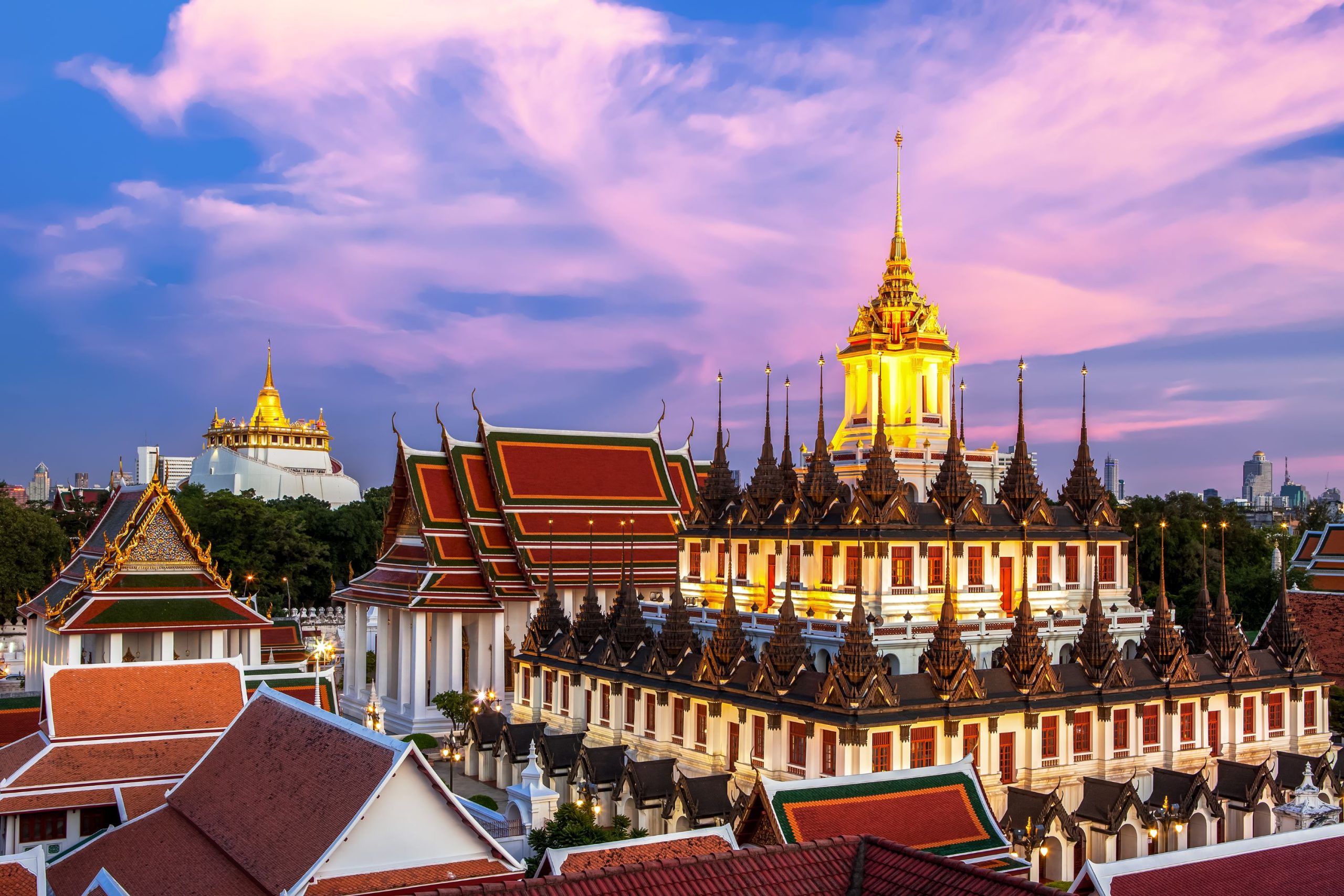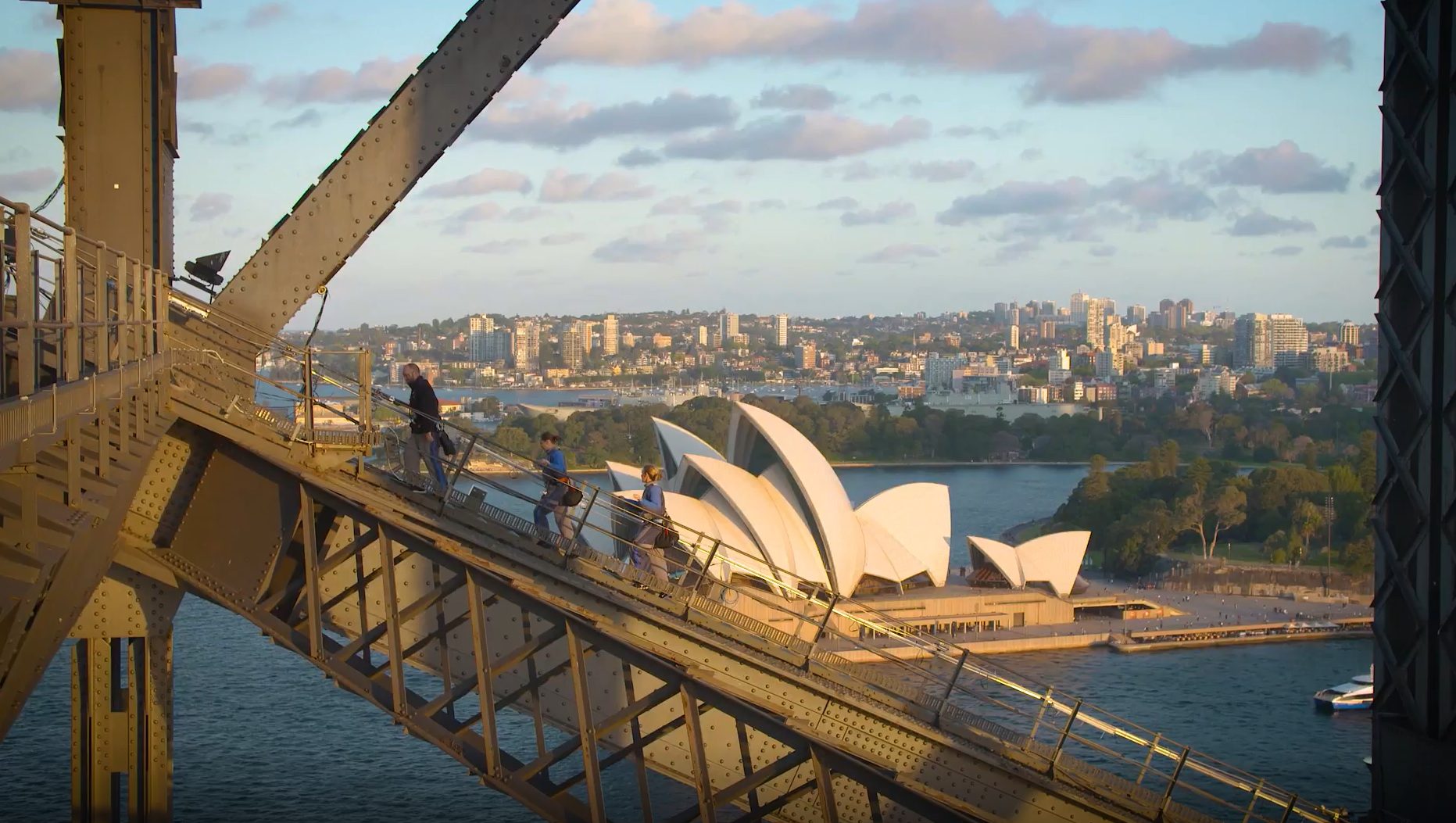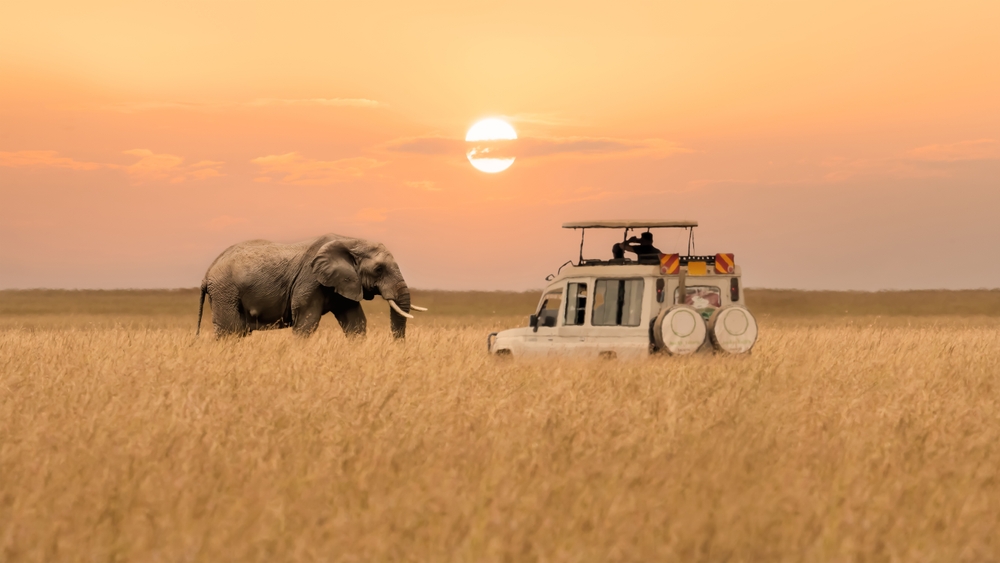A famous frog once sang “It’s not easy being green”. While the Sesame Street character Kermit was singing about the difficulty (sadness and, eventually, joy) of being coloured green, the sentiments can also be applied to the business events sector in Asia, especially incentives and meetings.
It is not easy to be seen as a “green” destination, one that understands what it means to be environmentally aware and therefore provides the appropriate facilities and people in place for success. There may be accusations of jumping on the trend wagon or “green washing” as it is sometimes called – being seen to be green but only superficially. There may also be whisperings of being behind the times… can a follower really become a leader?
However, rising to the challenge is Taipei, where at the 6th Asia MICE Forum held in November 2011 “green” was one of three key themes. During the forum, it was mooted that being known as a green destination is one way in which Taipei (and Taiwan) can define itself in the competitive regional events market.
But does Taipei really have what it takes to be a leader in Asia for green meetings and incentives? According to Amy Spatrisano, cofounder of the Green Meeting Industry Council, it does. “I do think Taipei has the potential to be a leader in Asia,” she says. “The city has an extensive public transportation system and expansion is well under way. The convention centre and hotels already have green practices in place around energy efficiencies and water conservation.”
Command from the top
GIS Group, a professional conference organiser (PCO) and destination management company (DMC), agrees and points to the efforts of local government in the greening of the city as a supplement to the hardware of transport and venues. The company’s chief executive Jason Yeh says: “We think Taipei is ready to be a green destination. There is continual and increasing greening of the city through the planting of more trees, and creation of more green spaces. The city has decided to keep most of the Expo Park as it was developed, which will be a green lung for the city. In addition, there are many green and forested areas surrounding the city, which are also being developed for longevity and sustainable public use.”
Richard Ko, the head of Round Table PCO, agrees. “Taipei is a city with a well-developed transportation system. The government through the Bureau of Foreign Trade (BOFT – and its MEET Taiwan arm) is promoting green, sustainable meetings. This combination of infrastructure, abundant nature and government support leads me to believe that Taipei will be an important green destination in Asia.”
Kitty Wong, president of exhibition and convention organiser K&A International Co Ltd, also mentions government support but draws the line at making comparisons with Asian competitors. “We have little information on how much our neighbouring cities implement green practices, so we can’t compare Taipei to others. However, the Taiwan government is making efforts to create an environmentally friendly meeting destination. Both the central and local governments support policies on the development of green MICE. For example, BOFT includes green practices as one of the criteria for the Taiwan MICE Award, and the Taipei City government has introduced a designated trash bag system, which has helped garbage reduction in Taipei,” she explains.
Spatrisano is philosophical: “Being green or sustainable is truly a journey. Some are further down the path than others, but no one has reached the end of the journey.” How should Taipei cement a leading role in the industry? “I think the MICE community within Taipei should consider investing in detailed analysis to specifically identify what is currently in place and what gaps exist followed by a plan to close those gaps,” says Spatrisano. “Taipei has the potential to be a leader in producing green meetings, incentives, conventions and exhibits if the local MICE community is committed to support such an endeavour.”
Growing demand for green events
Although hotels are seeing little demand at present, DMCs and PCOs report an increasing desire from clients for environmentally friendly meetings and incentives.
Richard Ko says that currently 80 per cent of clients show interest in having a green meeting, and of those 90 per cent take the plunge. He forecasts the interested client percentage to increase by 10 per cent in 2012. “People now understand the green terminology and are willing to make the effort so as to hold an event that is effective while still caring for the environment,” he says.
According to Kitty Wong, 90 per cent of her clients are aware of green issues and are happy to implement green practices, including minimising printed material, using seasonal produce and recycling materials.
Back to nature
“Within a one-hour drive of Taipei you can reach mountains, rivers and the ocean,” enthuses Yeh, explaining how the city’s environs provide abundant incentive choices to complement the hard slog in meeting rooms or event halls. This abundance of nature provides a competitive advantage. A popular activity for recovering from a long meeting or event is a visit to a natural hot spring. Taiwan is second only to Japan when it comes to the abundance of these naturally warm waters, and located within an hour of Taipei are two very different hot spring areas – Beitou and Wulai.
Both are accessible from the city by public transport and both are replete with places where visitors can enjoy the springs, from public pools to high-end boutique hotels and spas. The difference lies in the water – the waters at Beitou are cloudy due to the high levels of sulphur, while the springs at Wulai run clear. In addition, there is more a sense of “getting away from it all” in Wulai.
One of the newer places to indulge in the therapeutic waters in Beitou is Marshal Zen Garden (www.sgarden.com.tw). Catering to smaller groups, there are 15 private hot spring rooms, three public pools for soaking feet, a teahouse and a restaurant, all set among Japanese-style gardens and wooden structures that date back to the 1920s, with a view across the valley towards Taipei.
In Wulai, Volando (www.volandospringpark.com.tw) is surrounded by nature so picture-perfect that Disney could have created it. The spa and resort has private and public springs (separate pools for men and women), accommodation and an excellent restaurant. There are also scenic conference facilities for up to 60 people roundtable or 45 in classroom set up.
Wong concludes: “On the whole, Taiwan has become the centrepiece of Asian incentive destinations for Chinese and Japanese since Cross Strait relationships improved in 2009. However, we are still new to the market. Our clients are sometimes surprised to see the quality of our services and how much potential Taiwan has in becoming a major destination.”
"Taiwan has become the centrepiece of Asian incentive destinations for the Chinese and Japanese since Cross-Strait relationships improved in 2009. However, we are still new to the market”
Fast Facts
Access: Taiwan Taoyan International Airport (www.taoyuan-airport.com) is served by more than 40 airlines. Renovation of Terminal 1 will be completed mid-2012, extending capacity to three million extra passengers annually. The downtown Taipei Songshan Airport mainly serves flights from Tokyo (Japan) and mainland China cities only.
Climate: A sub-tropical climate translates to average temperatures between 20?C and 26?C. The highest rainfall is in summer, which is also typhoon season (extending through to October).
Visa: Citizens of 43 countries are eligible for visa exemption for 30-90 days. Visit www.boca.gov.tw
Language: Mandarin is the official language. English is generally understood in the larger cities.
Contact: MEET Taiwan
1 Hu-Kou Street, Taipei 10066
Email: mpo@meettaiwan.com
Tel: +886 2 2392 0788
The professionals
Taiwanlook
email: even.tsai@taiwanlook.com.tw
tel: +886 2 8780 2962 ext 152
K&A International Co LTd
email: contact@knaintl.com.tw
tel: +886 2 8751 3588
ROUND TABLE PCO
email: christine@come2meet.com
tel: +886 2 2508 1825 ext 108
Insider verdict
Myth Buster – Green Costs More
While it is generally accepted that concern for the environment is important, many in the Asian MICE community are hesitant about green meetings because of the perception that costs are higher. Not so, says Amy Spatrisano, co-founder of the Green Meeting Industry Council.
“Green meetings should be a priority for all organisations because they are smart business. If you’re reducing your energy and water use and waste generation, then you should also be saving money. The majority of the elements in greening a meeting actually save money or are cost neutral. Unfortunately, the myth that green meetings cost more is still widely believed. While there are elements that can cost more, like serving organic or sustainably farmed food, you should be looking at an overall budget that balances any increased costs against areas where you are saving money. For example: if you’re not serving bottled water and reducing your printed programme costs, those practices will save you money. We’ve seen clients save as much as US$5,000 for small meetings to US$1.5 million for a 40,000-person event when they eliminated individual bottled water.”
Do’s & Don’ts
There are many ways to “green” a meeting. Start by looking at areas that can be reduced. For example, instead of printing a multipage event guide, reduce the guide to a 1-2 page quick-glance schedule, with a map of the facility if needed.
- Reduce energy use by having meeting room lights and air conditioning or heating on only when the room is actually occupied.
- Avoid ordering more food than is necessary. Often, a lot more food is set out than is likely to be consumed. Be sure your meal guarantees are realistic.
- Order signs that can be reused meeting after meeting, and be sure to use environmentally responsible materials. Avoid producing signage that is only relevant to a specific theme.
- If you’re not sure what to do to get started, you may find using the three R’s (reduce, reuse and recycle) a great way to assess your decision-making. Ask yourself, can we do this differently?
Green programme highlights
Eco Cycling Tour – Danshui River Mangrove (Hongshulin) Conservation Area (up to 100 people, divided into smaller groups)
Cycle around the Danshui River Mangrove Conservation Area, home to the largest area of homogenous mangrove swamp, called shuibitzai. The area is also home to a range of river birds such as egrets and snipes, and over 30 crab species.
There are also over 200km of cycle paths in and around Taipei, including bike paths in Taipei city. Government-sponsored rental stores are situated near the paths and a Taipei Cycling Map is available at MRT stations.
A Unique Experience – The Atayal Tribe (up to 15 people)
Surrounded by mountains on all sides, the hot springs area of Wulai is also home to one of Taiwan’s indigenous tribes, the Atayal. Spending the day or half-day with the Atayal is a unique experience. The Atayal have a deep respect for nature and they share this with visitors. Begin the incentive with a brief ritual to thank nature for all that it provides before going on a mountainside walk, learning about the ways of the tribe and the life that they once lived. Outings can be customised to include a walk, traditional culinary delights, outdoor cooking, trying the millet wine served from traditional bamboo containers, and even learning a song – once the main form of communication and storytelling.
Planting Rice in Yilan County (up to 100 people, broken into smaller groups)
There’s nothing like a little hard work to make you appreciate the effort of growing rice. This incentive gives delegates the chance to be a rice farmer for the day, including practical experience of planting and harvesting paddy rice. Delegates often feel a great sense of accomplishment after this activity.
River Trekking in Yilan County (for up to 30 people)
A fantastic option for team building, not to mention fun and enjoyment as you explore the pristine waters of the Yilan River and its surroundings. Whether hiking, climbing, rafting or swimming, every visit to Yilan will be different.
Source: Taiwanlook


